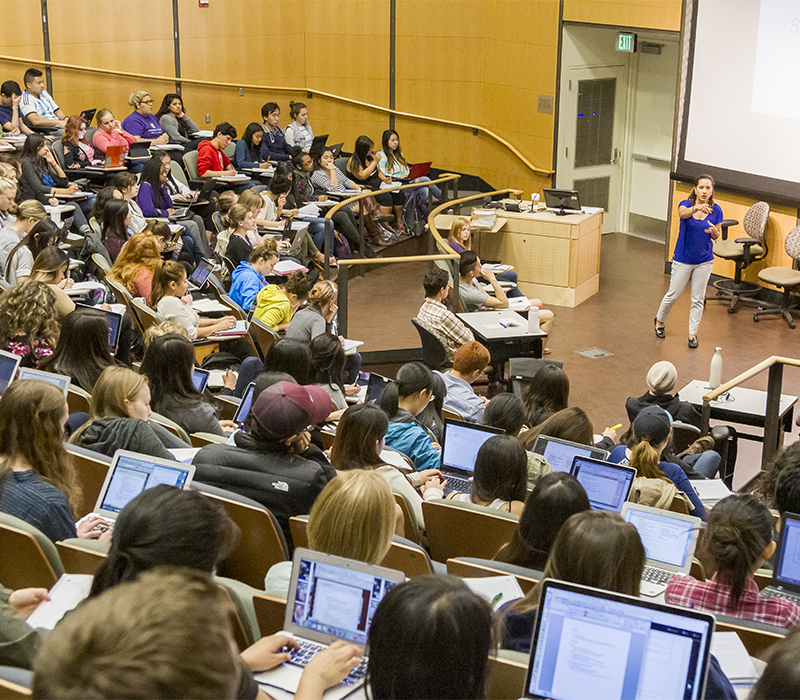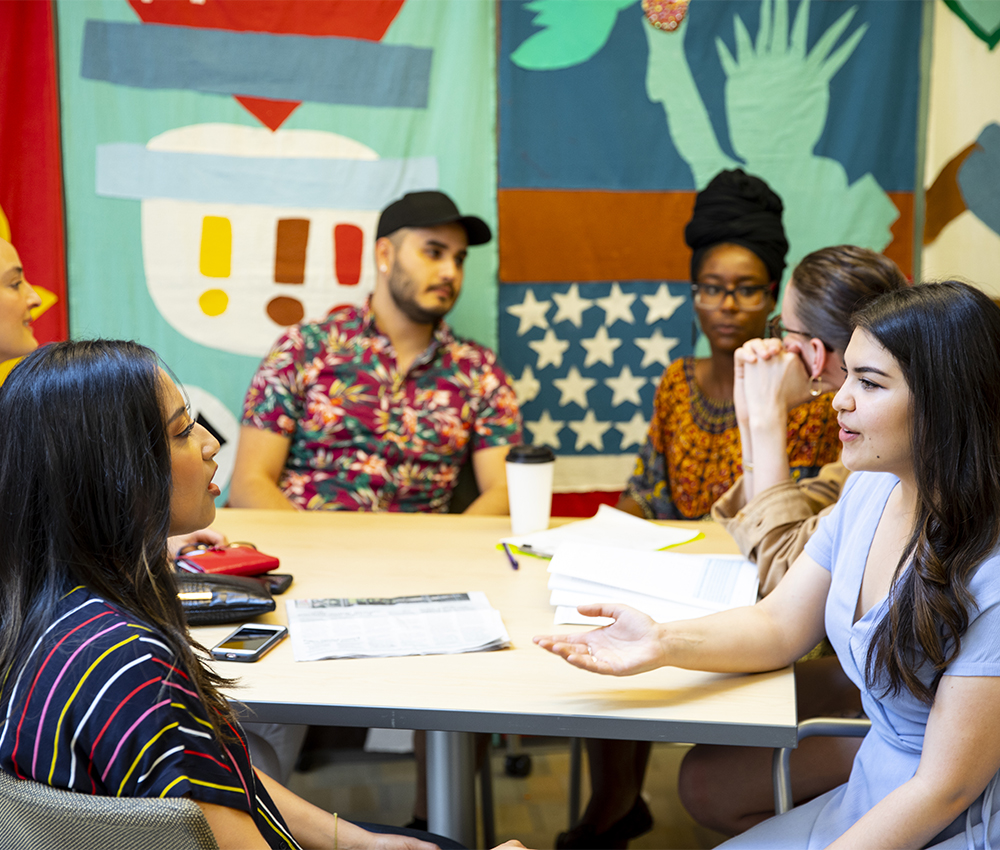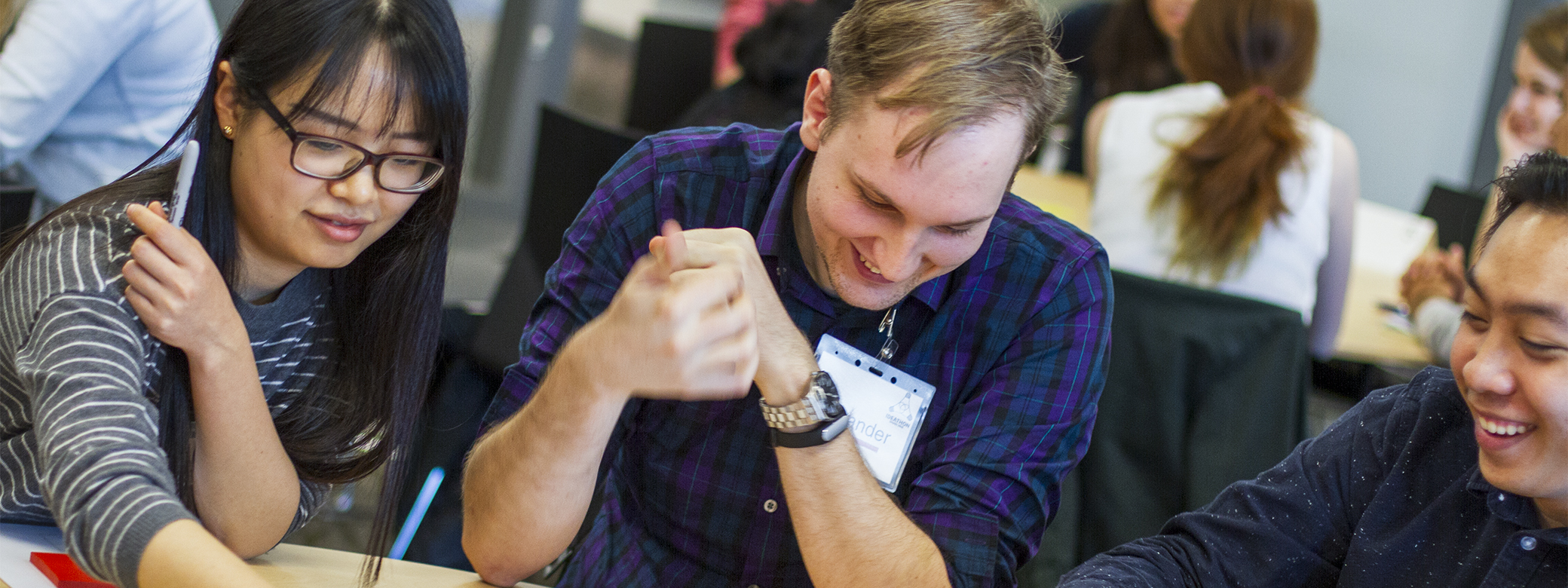
Explore how diverse groups interact. Analyze issues of social change.
The UW Department of Sociology engages students in the scientific study of how groups interact — from friendship networks to communities to entire nations. Through coursework and experiential learning opportunities, undergraduates apply sociological theory and research to real-world issues such as the impact of technology on society, the experiences of immigrant groups and the factors that produce social inequality. Students in our graduate program — consistently ranked among the country’s best — advance scholarship in areas such as quantitative methods, demography, criminology and the study of states, markets and societies. Our faculty’s research has directly impacted policies and programs locally, nationally and internationally.
Undergraduate Programs
Graduate Programs

Careers
UW sociology majors learn to effectively analyze data, communicate findings, solve problems and build collaborative relationships. Sociology brings evidence and critical thinking to the major challenges confronting humanity, helping us understand relationships, cultures, and institutions that shape and reshape our diverse, interconnected, and interdependent social world.
Career Paths
A sociology degree can lead to a careers in:
- Government & public policy
- Data sciences
- Criminal justice and the law
- Advertising, marketing & public relations
- Technology
- Social work
- Education
- Health care
- Nonprofit management
- Community development
- Environmental advocacy

Supplement your undergraduate coursework with real-world experience.
The department offers three practicum courses that encourage students to experiment with potential career paths and share their skills with the community. Students have worked in Seattle public schools, grassroots organizations such as the Vietnamese nonprofit Helping Hand, and national organizations such as the American Civil Liberties Union.
Find Yourself in Sociology
Explore issues of social stability and inequality by understanding structure, behavior and interactions.




